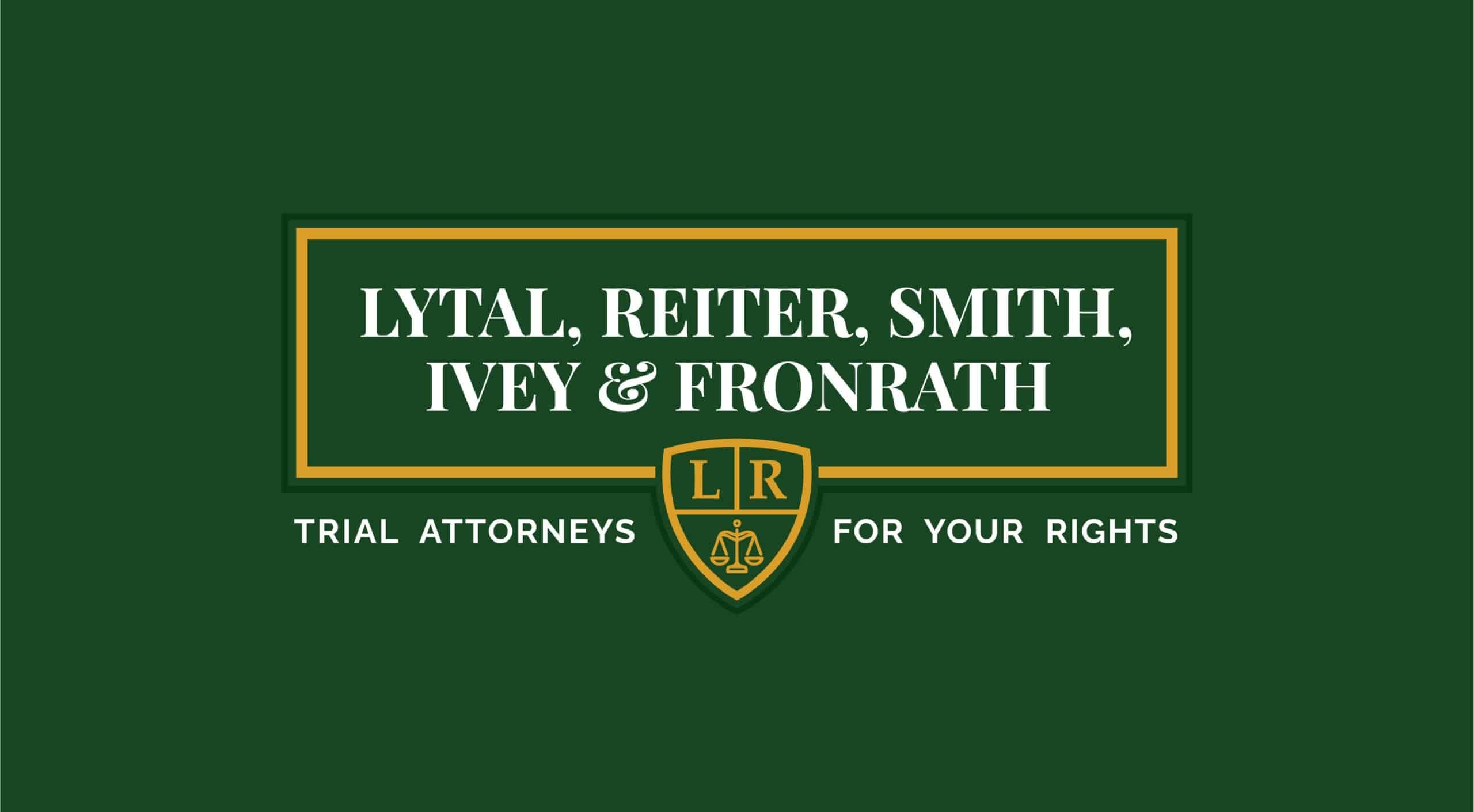William P. Aubin worked as a supervisor for his father’s construction company. In the course of his work, Aubin was exposed to drywall joint compounds and ceiling texture sprays that contained asbestos manufactured by the Union Carbide Corporation. Aubin eventually developed malignant peritoneal mesothelioma, a fatal, incurable cancer in his abdomen know to develop from asbestos exposure.
Aubin sued Union Carbide and other companies claiming that inhalation of the dust and fumes created by their products had exposed him to asbestos, which caused his disease. Aubin further claimed that he had not known these products contained asbestos or that he had been inhaling toxic fumes on the worksite. A jury verdict in Aubin’s favor found Union Carboide liable for $6,624,150 in damages under theories of negligence and strict liability, defective design and failure to warn.
The Third District Court of Appeal reversed. They claimed (a) the trial court should have used a “risk utility test” for the defective design claim, (b) that a design defect was not the cause of Aubin’s disease and (c) that the jury should have been instructed on the “learned intermediary defense.”
The Supreme Court of Florida disagreed, reinstated the trial court decision and sent the case back to the appeals court with specific instructions. It established the following points in dealing with toxic torts:
- Design Defects – according to Florida precedent, strict liability design defect claims should be decided using the “consumer expectations” test, placing the burden on the manufacturer to compensate victims of unreasonably dangerous products and avoiding risks of harm.
- Causation – the plaintiff only needed to show that the defective design of Union Carbide’s product naturally and directly produced or substantially contributed to his disease. He did not need to show that Union Carbide’s defective asbestos product was somehow more dangerous than other defective asbestos products.
- Learned Intermediary – learned intermediaries, like distributors, can provide warnings to consumers about the dangers of a manufacturer’s product, and it is a question of fact (usually for the jury) to determine whether such reliance was reasonable. Here the Court found the jury instructions as a whole were not misleading, and did not warrant a retrial.
Toxins are highly dangerous, and manufacturers need to take responsibility for toxic products they introduce into the market. As this case makes clear, a good legal team can expose corporations who poison consumers. The lawyers at Lytal, Reiter, Smith, Ivey & Fronrath have the experience and resources to go up against big corporations who sell toxic products. Call today to schedule a free initial consultation.




